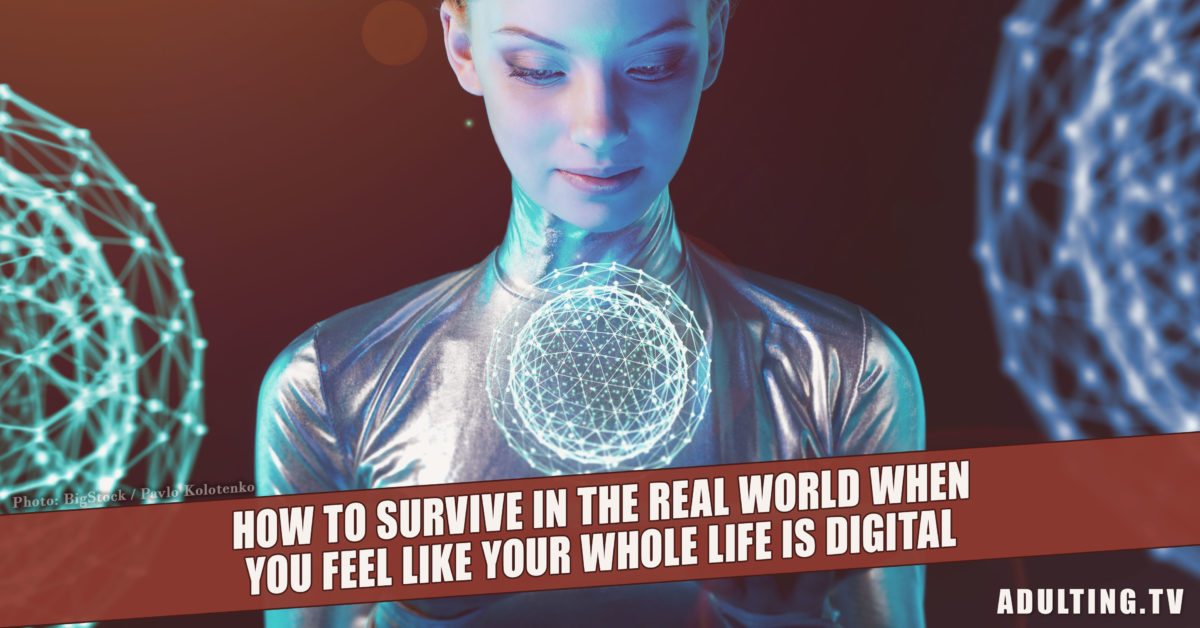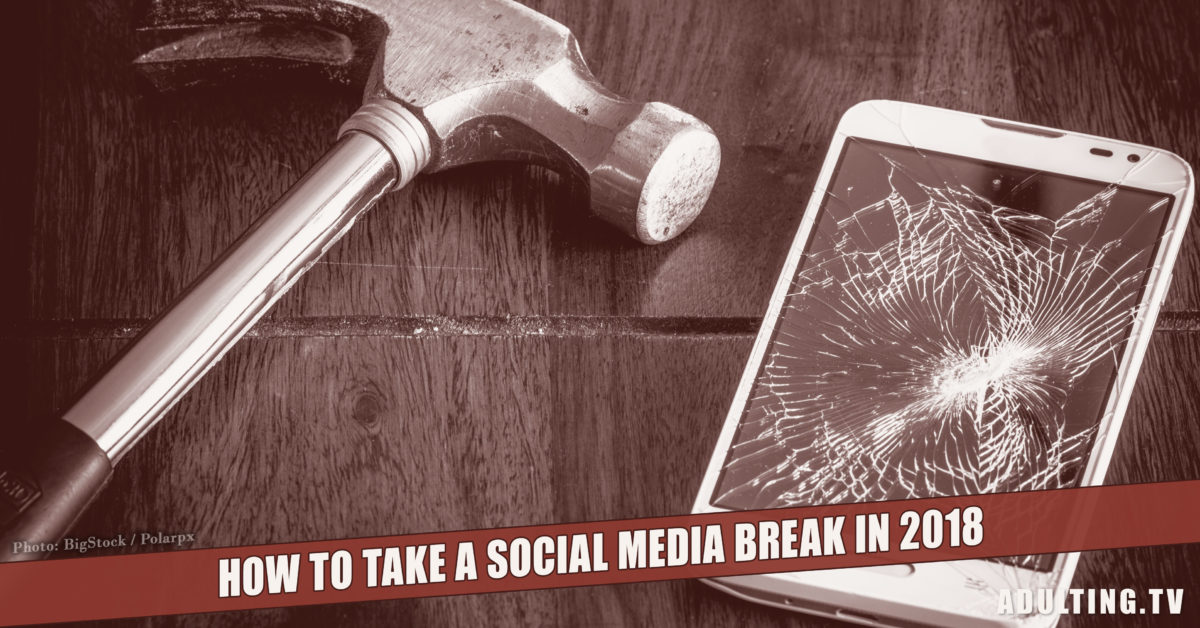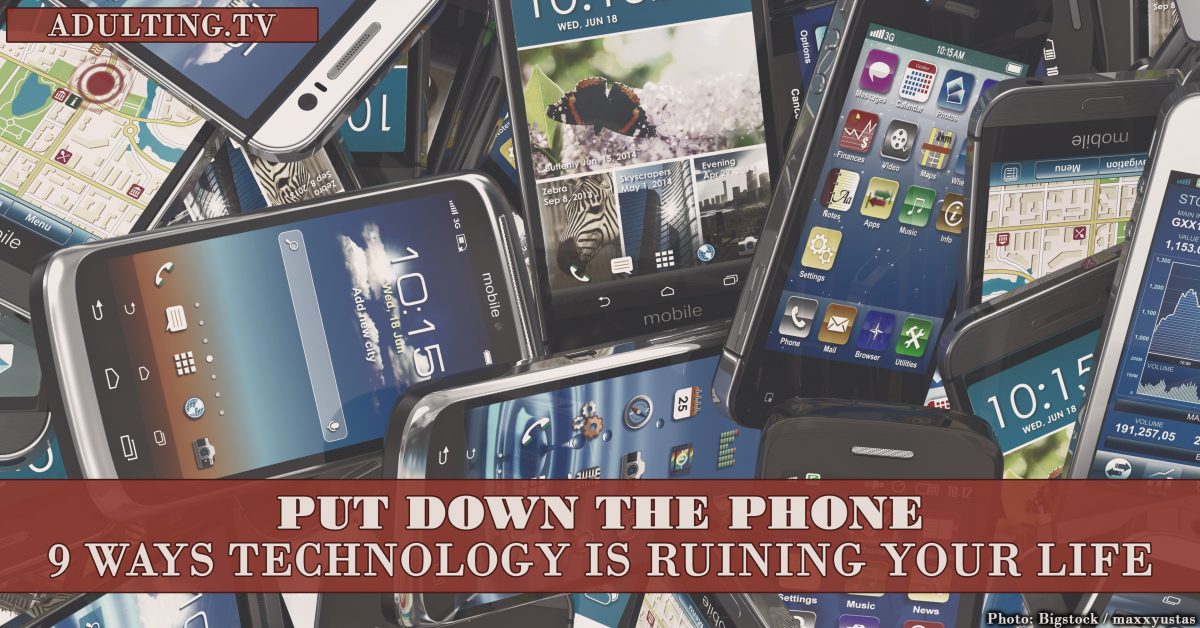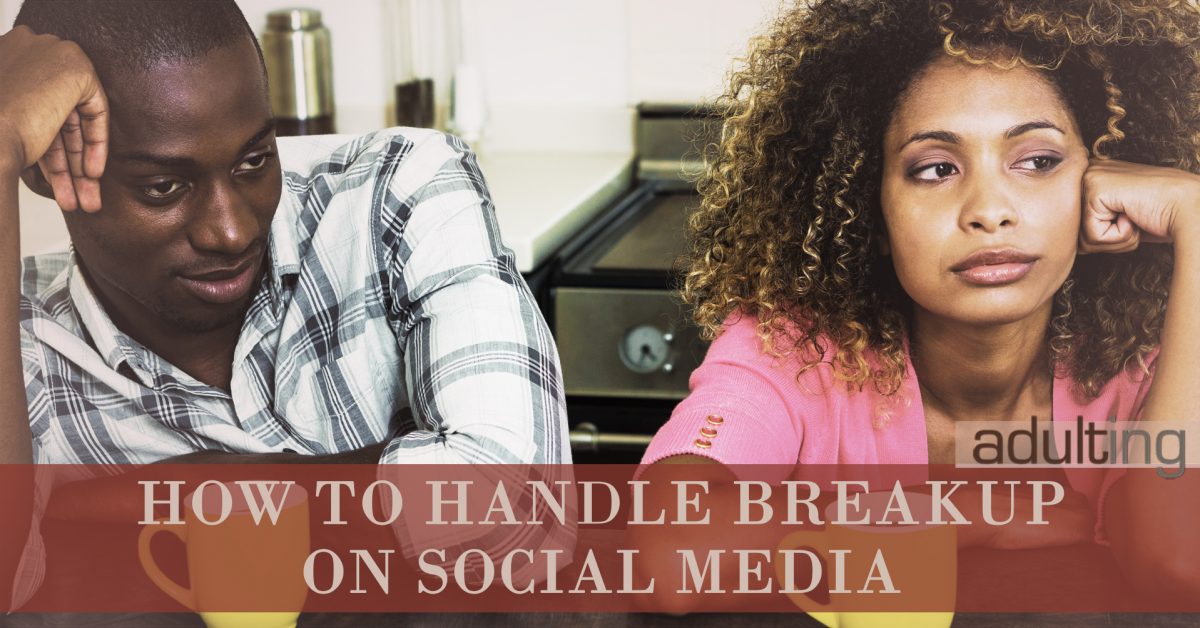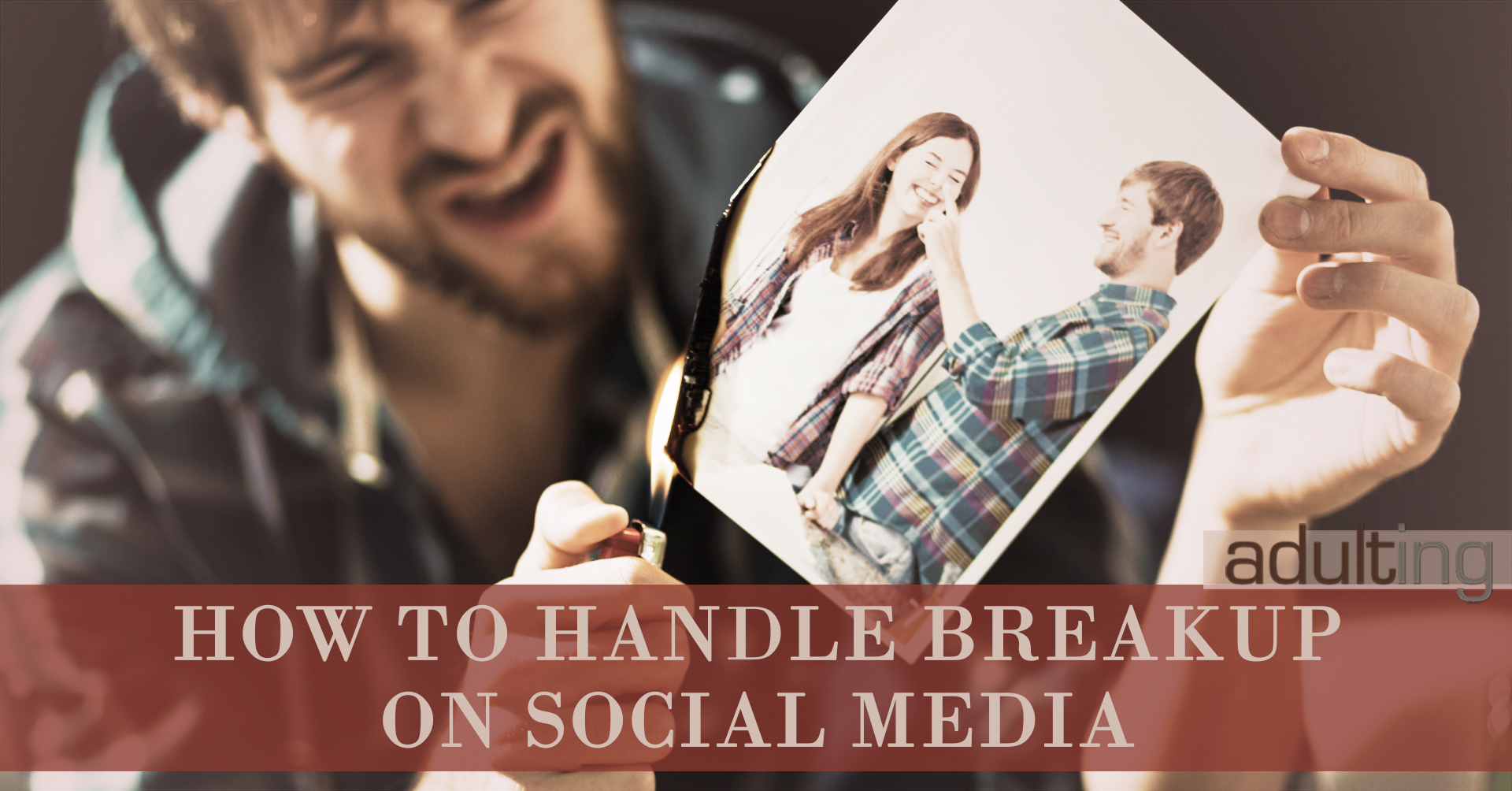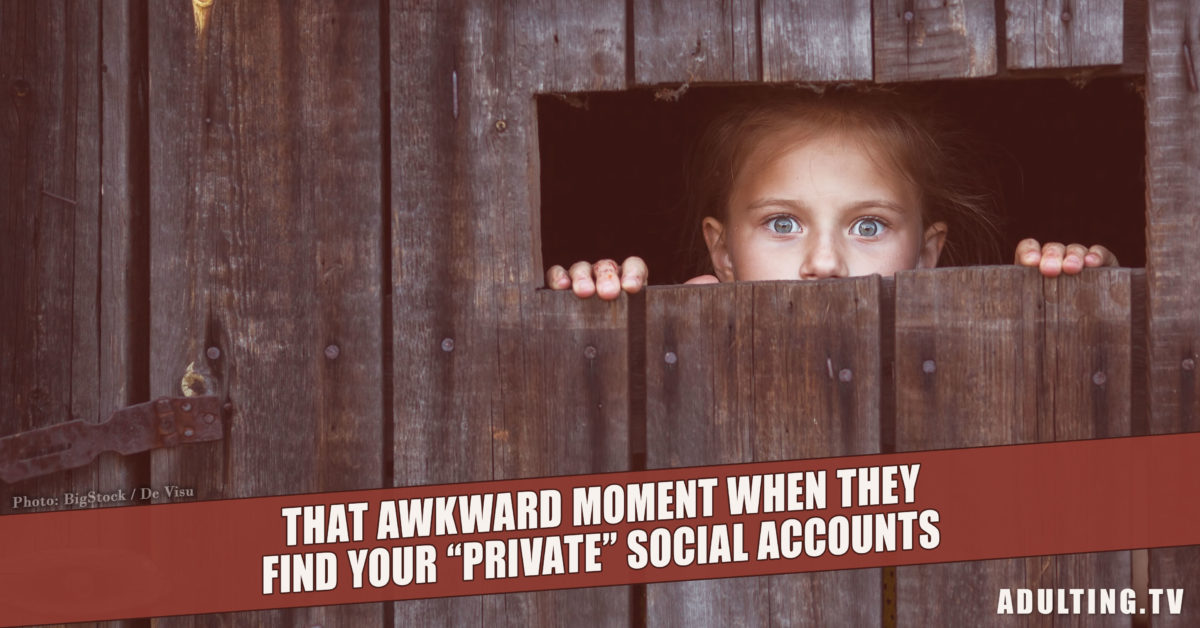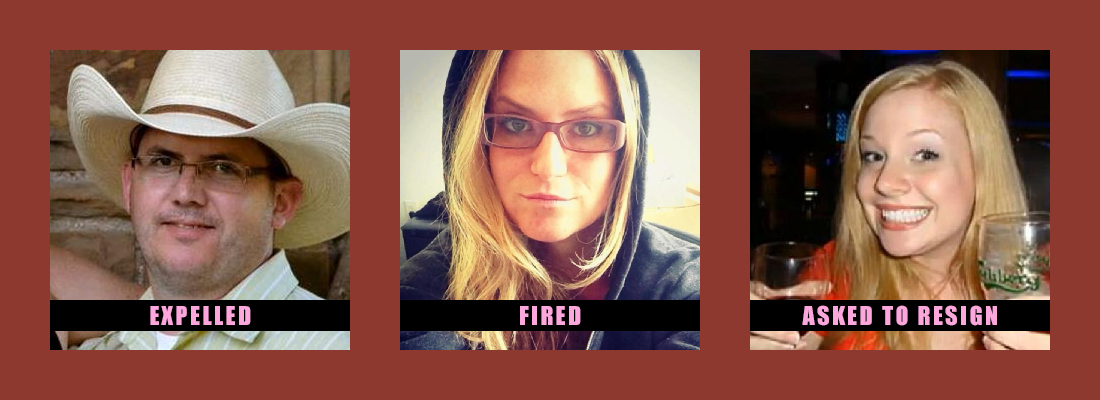I’m not quite old. But I’m not young, either.
I’m old enough to remember the excitement when our family got an extended phone cord, so I could have a private conversation in the coat closet.
However, I’m also young enough to be able to claim that I have three laptops, two tablets, and a smartphone. These technology tools that today’s digital natives for granted help me manage more of my business, personal life, and home every year.
I never went on a road trip with my family and had the luxury of watching movies from start to finish. Today, though, I don’t fly without writing an article, catching up on email and managing my business from takeoff to touchdown.
The timing of my entrance into this world means I understand the value of spending time away from the digital world. And I know how to survive the real world.
I, also, love – even rely on – being on the grid.
My life is increasingly digital.
I find myself more and more on the grid year after year. Being online allows me freedom and flexibility in the way I make money, the way I travel, and the way I enjoy my life.
It’s set me free from the mundane and offers entrance into worlds of thoughts and ideas that I don’t always see IRL.
I assume if you’re reading this article on this blog that I wrote on my laptop, you relate to at least some of what I’m saying.
You probably know exactly what it’s like to have an online presence, even if it means that your ability to survive the real world is a little hampered.
I also don’t get bothered by seeing people with their faces in their phones. I assume that most of them are like me and building something.
But I also know it’s possible to get too carried away. There is a real solid world out there, and we all need to be connected to it.
It’s important that we all manage our digital lives and not let our digital lives manage us. So, here’s what my household does to fight the robots from taking over before their time.
Embrace everyone, not everything.
All electronic devices are not equal. I wholeheartedly love my electronics, but some of them aren’t worth the time, money or hassle. Take, for example, ereaders.
I tried to buy into them. In fact, I bought two even though I saw the limitations of my first ereader quickly. Ereaders were all the rage for readers. My husband got me one of the first, and the first time I flew I was told that I had to put my ereader away until the plane took off.
For the ten to 50 minutes until we were safely in the air, as a reader, I was bored. I was once stuck on a tarmac for what seemed like hours and couldn’t read or go to the bathroom.
(Editor’s note: you can use ereaders during takeoff and landing today. In fact, I love my Kindle Paperwhite. Don’t leave home without it — especially when I fly. A full library in the palm of my hand; I can read whatever I’m in the mood for without weighing myself down with several tomes.)
As time passed, I realized that I missed my tangible books with their bent edges, scuffed covers, and bookmarks that always fall out of place. I missed the option of highlighting and taking notes in the books I bought for learning. I missed the ease of sharing a book I loved.
I know there are digital solutions for all the voids from my short-lived ereading days, but there’s something to be said for the tactile, tangible, and rudimentary.
I don’t want to make Jeff Bezos poor. I’m just suggesting that you pick and choose what digital devices you let into your life and which you don’t. They don’t all provide more value than what you have or had.
Enjoy the art of the start and a happy ending.
A while ago, my husband and I started to turn off and disconnect at 8:30 pm. The blue light, the surround sound, and all the flashing are too stimulating to the brain. In fact, studies suggest that you should turn off your devices at least an hour before bed so you can fall asleep at a decent hour and rejuvenate for the next day.
We have the Blue Light Filter for all our devices, but we still feel more ready for bed at bedtime when we turn everything off. It’s the perfect way to unwind and relax.
We’ve, also, found that what there is to read online or on social media is less relaxing than most books — yes, old school books — that we read. In fact, you’re likely to find something on social media that gets your heart rate going and your blood boiling. That’s not a recipe for a peaceful night’s sleep.
Recently, we’ve imposed the limitation of not turning on our devices until we’ve completed our morning meditation, journaling, and exercise. So far, we like it.
Before this new policy, we found ourselves turning our phones on first thing in the morning and letting Facebook or email decide how our day started. We didn’t like that. We now turn on our phones or laptops at about 7 am. Ironically, we don’t get any less done than when we turned our phones on as soon as we woke.
In fact, we are a little more productive because we’ve started the day focused and happy.
Get human2human.
As with disconnecting from the digital world and connecting with nature, humans benefit greatly from social interaction. Let’s face it, we’re not that much evolved from our cave brothers and sisters.
Regular human to human interaction has been shown to help people live longer, maintain and improve people’s physical health, maintain and improve cognitive skills, and reduce the risk or effects of dementia.
Meet a friend for coffee. Walk with your special someone around your dream neighborhood. Go to a ballgame with your best friends. Hang out with, talk with, and enjoy other people without being more concerned about what’s happening on your phone than what’s happening around you.
Put the phone away and put the people standing in front of you first.
While human-to-human contact is best, you can also connect with those far and away by making an old-school phone call or using Skype or FaceTime. Don’t settle for a quick text that you can then ignore.
Seeing someone’s face on video, or hearing their voice over the phone, will lift your spirits, help maintain or improve your mental and physical states, and keep you connected with loved ones beyond the character limits that often come with electronic text.
Master the art of doing nothing.
You know what people don’t know how to do anymore? Nothing!
We’re over-stimulated, multitasking zombies who occasionally need a break from everything. We often worry about how to survive the real world — the time spent in a grocery line or commuting on the train — without the aid of our devices. But the truth is that you could probably use a little time without them.
Stare out your living room window or sitting on your front porch alone and without any distractions. Time yourself to see how long it takes you to get antsy. If you can’t go a few minutes without feeling anxious, you need to do nothing more often.
There is great value in downtime. These days, we complain if there isn’t something entertaining right in front of us all the time. We don’t need to be constantly entertained. Let your brain get in some relaxing.
Go outside naked.
I knew this was the point you’d want to read most, which I why I put it at the end.
Don’t strip down to your birthday suit and log a run around the block like you’re to your neighborhood what Mark Roberts was to the PyeongChang Olympics. My point is to go outside and experience nature without a single digital device.
Trust me! You’ll get to the park and home again in one piece without Google Maps. You don’t need Spotify to walk down the street. Rather, listen to the soundtrack of your life — it’s the one playing in your head. You’ll hear it if you listen.
Studies suggest that being in and naturally experiencing nature will improve your mood and lower your blood pressure, your heart rate, muscle tension, and stress. Some studies even suggest it reduces your chance dying earlier.
That’s worth a walk in the woods and off the grid.
Being disconnected will give you the opportunity to hear the birds chirp and the leaves rustle. You’ll more attentively experience the sun, snow, and rain.
You’ll hear silence, and silence is truly golden.
You’ll also have the chance to connect better with yourself and your thoughts. A walk outside in nature, even a walk down the block, is a great form of meditation.
Survive the real world without devices.
These are a few of my recommendations to help you stay connected with your natural self and the environment. Digital is good but a little less digital won’t hurt you. In fact, striking the balance between digital and living IRL will probably help you a ton.
When you start paying attention to how often you’re connected, you’ll start to see the value in disconnecting sometimes as well.
When you start managing your digital work, you’ll feel, be, and do better in the real world — and we need the real world to be a whole lot better than it is today.

